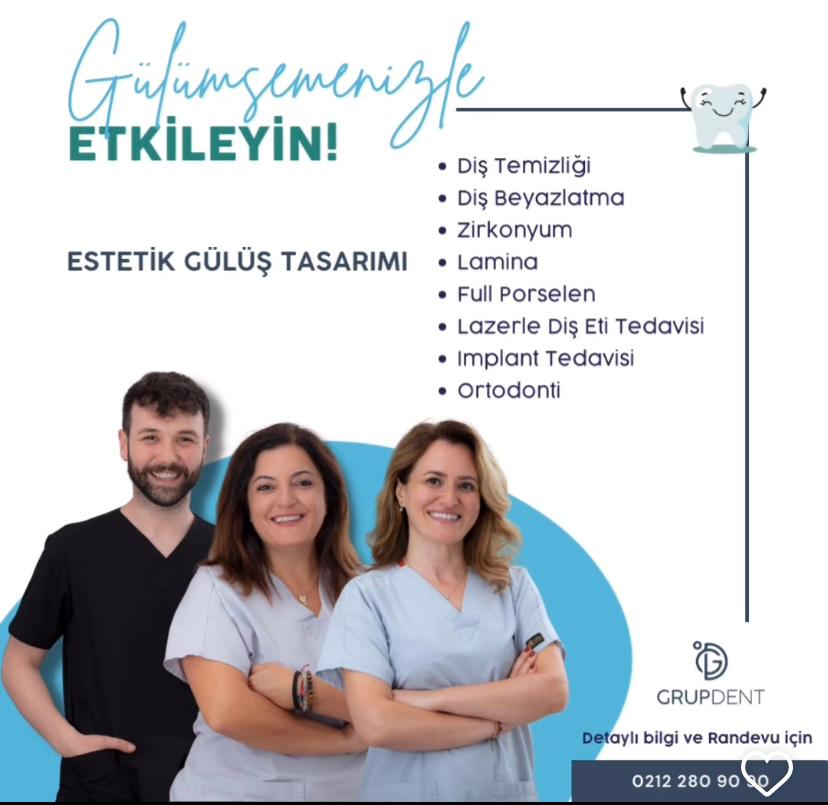There is something quietly powerful about arriving somewhere new. The light feels different, the air smells unfamiliar, and your mind seems to breathe. Whether it’s a beach in Spain, a street café in Lisbon, or a small town you have never been to. Travel often feels like hitting a reset button.
A big part of this feeling comes from the way our brain reacts to novelty. New sights, sounds, and even small unexpected moments activate the brain’s reward system, releasing dopamine. It is the “feel-good” chemical that improves mood, motivation, and curiosity. In contrast, our daily routines tend to dull this system. When everything becomes foreseeable, our minds shift into autopilot. But when we travel, we suddenly wake up again. We start paying attention because we have to. Where is the next street? What does this sign mean? Where do locals go for coffee? This kind of activeness brings us back into the present moment. And being present is something our mental health thrives on.
Beyond chemistry, travel pulls us out of the roles we usually play. At home, we are students, professionals, siblings, or friends, with all the expectations that come with it. But in a new city, we are anonymous. No one knows who we are, what we do, or how we are supposed to behave. This kind of freedom invites self-reflection and quiet reinvention. We might try new things, speak differently, or simply notice parts of ourselves we have been ignoring. Psychologically, this kind of space allows us to explore identity without judgment or habit getting in the way.
The intention behind our travels also matters. There is a subtle but important difference between traveling to escape and traveling to discover. Some trips are about checking things off a bucket list, collecting pictures, and adding another destination to the map. Others are about wandering, slowing down, or letting go of the need to constantly “do”. One approach isn’t better than the other, but the purpose behind the trip shapes how we experience it and what we take from it. Traveling with purpose, even if loosely defined, often leaves something behind: a shift in how we see things, or a gentle widening of perspective.
Being in unfamiliar environments also reminds us how flexible we actually are. You thought you needed your favorite pillow to sleep? Turns out you do not. You believed you couldn’t function without your morning routine? Somehow, you adapt. These small adjustments say more than we think. They show us that we are capable of more than we assume and that change doesn’t always have to feel dramatic to be meaningful.
Meeting new people and facing different ways of living challenges what we consider as normal. It can feel inspiring or uncomfortable. Either way, it leaves a mark. In those moments, we don’t just learn about others. We reflect on ourselves. We start to recognize what we value, what we have been taught to assume, and what we may want to question.
Travel doesn’t offer solutions. But it creates distance from our habits, roles, and routines. This may be what keeps us coming back: not for escape, but for perspective. Because it is not just a break, it is a full-body and full-mind experience that nourishes something we don’t always know was missing.
Contact Information:
Selina Demir
selinademir.aut@gmail.com
Instagram: selina.demr


